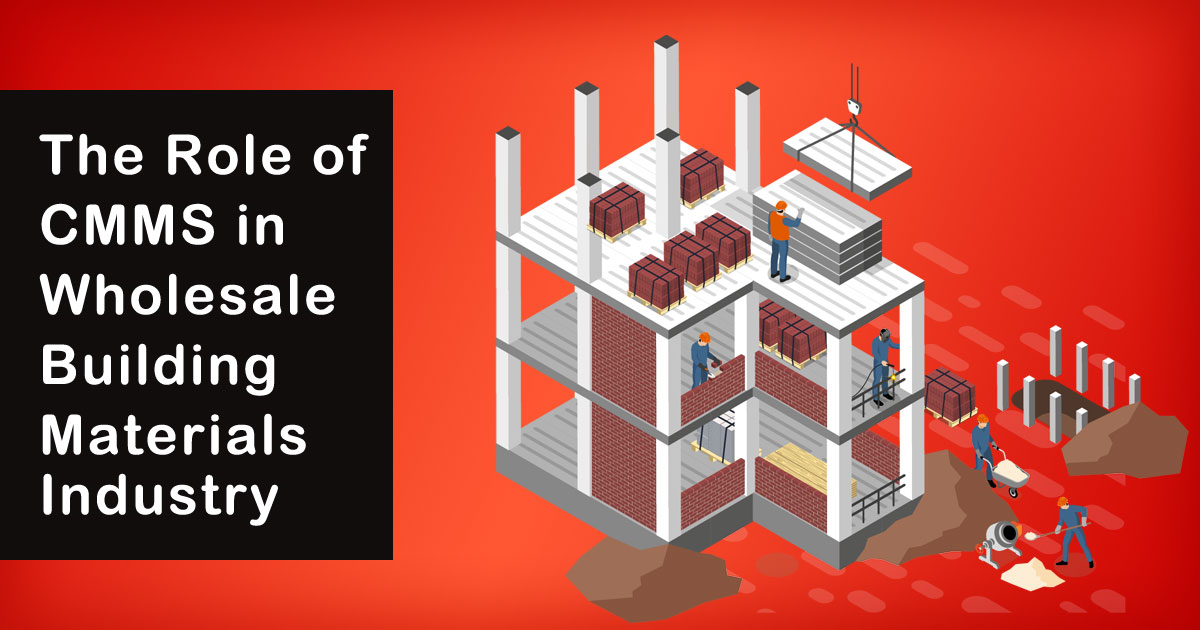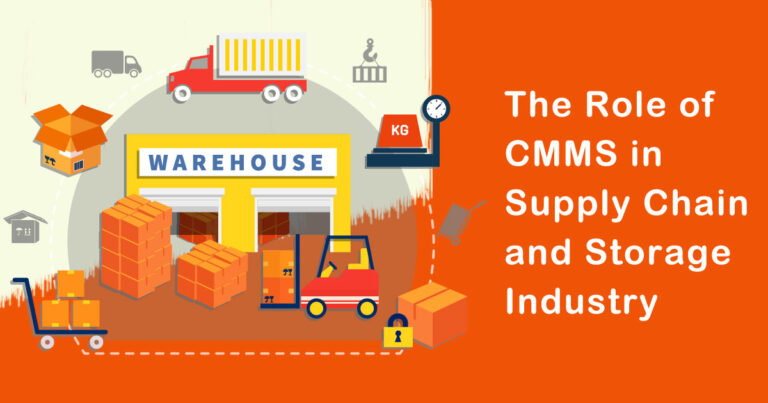Introduction
In the fast-paced world of the wholesale building materials industry, managing large inventories, tracking assets, and maintaining optimal efficiency are critical factors for success. To meet these challenges, Computerized Maintenance Management Systems (CMMS) have emerged as invaluable tools for businesses across the globe. In the Indian context, the adoption of CMMS is steadily growing, revolutionizing the way wholesale building materials companies operate. In this article, we will explore the role of CMMS in the Indian wholesale building materials industry, shedding light on its benefits and impact.
1. Enhanced Inventory Management
One of the key advantages of implementing a CMMS in the wholesale building materials industry is improved inventory management. CMMS software allows businesses to track inventory levels in real-time, providing accurate and up-to-date information on stock availability. This enables businesses to optimize inventory levels, reduce overstocking or stockouts, and streamline the procurement process. With advanced features such as automated reordering and forecasting, CMMS helps businesses maintain optimal inventory levels, minimize costs, and maximize customer satisfaction.
2. Efficient Asset Tracking and Maintenance
Wholesale building materials companies deal with a vast array of assets, ranging from heavy machinery to vehicles and tools. CMMS plays a crucial role in efficiently managing and maintaining these assets. By centralizing asset information, CMMS enables businesses to track asset usage, schedule preventive maintenance, and monitor repairs. This proactive approach minimizes equipment downtime, reduces repair costs, and extends the lifespan of assets. Moreover, CMMS software can generate maintenance schedules, send automated reminders, and track maintenance histories, ensuring compliance with safety regulations and enhancing overall asset performance.
3. Streamlined Work Order Management
In the wholesale building materials industry, efficient work order management is essential to meet customer demands and ensure smooth operations. CMMS simplifies the work order process by automating tasks, assigning work orders to appropriate personnel, and tracking their progress. This streamlines communication between different departments, reduces paperwork, and minimizes the risk of errors. Furthermore, CMMS provides real-time visibility into work order statuses, enabling businesses to prioritize tasks, allocate resources effectively, and meet deadlines. The result is improved operational efficiency, reduced downtime, and enhanced customer satisfaction.
4. Data-Driven Decision Making
CMMS generates a wealth of data related to inventory, asset performance, maintenance history, and more. This data can be analyzed to gain valuable insights and make informed business decisions. By leveraging CMMS analytics capabilities, wholesale building materials companies can identify trends, spot potential issues, and optimize operations. For instance, analyzing maintenance data can reveal patterns that help identify the most cost-effective maintenance strategies or identify recurring issues that require equipment replacement. With data-driven decision making, businesses can improve operational efficiency, reduce costs, and stay ahead of the competition.
5. Compliance and Safety
Compliance with regulatory standards and safety protocols is of paramount importance in the wholesale building materials industry. CMMS assists companies in maintaining compliance by automating safety inspections, generating audit reports, and tracking regulatory requirements. By having a centralized system that records safety checks and maintenance activities, businesses can demonstrate adherence to standards and avoid penalties. CMMS also facilitates the implementation of preventive maintenance plans, ensuring equipment safety and reducing workplace hazards.
Conclusion
In the Indian wholesale building materials industry, CMMS is playing an increasingly vital role in streamlining operations, optimizing inventory management, and enhancing asset performance. By implementing a CMMS solution, businesses can improve efficiency, reduce costs, and provide better customer service. With its ability to automate tasks, track assets, and provide valuable insights, CMMS empowers companies to make data-driven decisions and stay ahead in a competitive market. As the industry continues to evolve, embracing CMMS technology will become indispensable for wholesale building materials businesses aiming for long-term success.







